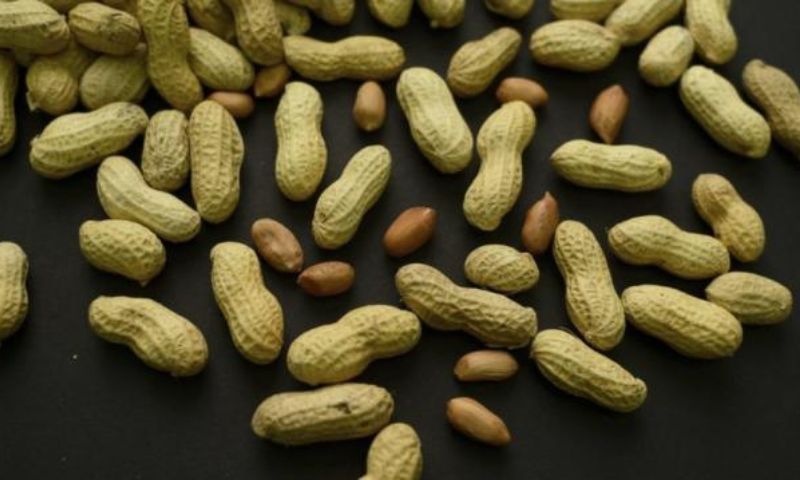NEW YORK: A recent study has given parents a sigh of relief as it revealed that children who consume peanut products in their early years are significantly less likely to develop a peanut allergy as adolescents.
The study, sponsored and co-funded by the National Institutes of Health’s National Institute of Allergy and Infectious Diseases (NIAID), was published in the medical journal NEJM Evidence. It has sparked optimism among parents worldwide, shedding light on effective preventive measures against peanut allergies.
According to reports by USA Today, the study followed over 600 high-risk infants, half of whom consumed peanut products regularly from infancy until the age of five, while the other half avoided them entirely. The results were compelling: children who consumed peanut products from four to six months until the age of five exhibited a remarkable 71% lower likelihood of developing a peanut allergy by the age of 13.
The findings build upon a previous 2015 study that revealed early peanut consumption reduced the risk of peanut allergy at age five by a staggering 81%. Notably, children identified as allergic were advised to refrain from peanut consumption.
In a bid to assess the long-term effects of early peanut consumption, the new study evaluated over 500 children from the original cohort. The results reaffirmed the protective benefits of early peanut consumption, indicating a 71% lower risk of peanut allergy in adolescence among those who regularly consumed peanuts during their formative years.
This research underscores the potential of food as a form of preventive medicine, as emphasized by Sung Poblete, CEO of Food Allergy Research and Education. Poblete lauded the study’s findings, advocating for early and frequent consumption of peanuts as a strategy to mitigate the risk of peanut allergies. She remarked, “We say eat early, eat often, and that’s exactly what this research demonstrates.”























